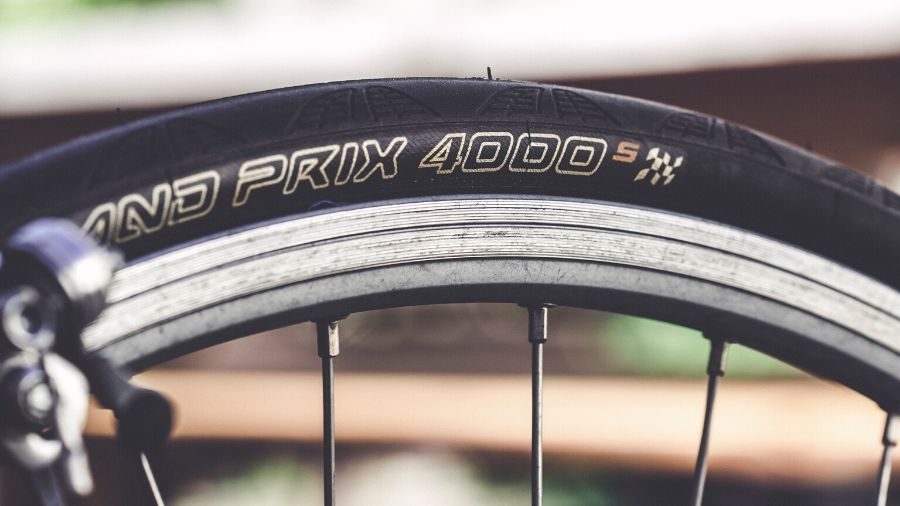
It’s important to check your bike each time before you ride to make sure it’s safe. If you're unsure about any aspect of your bike then the best thing is to always take it to an experienced bike mechanic / shop for a service.
Alternatively attend a bike maintenance course that will teach you invaluable skills so you can look after your bike.
The list below is not exhaustive but covers some key points:



